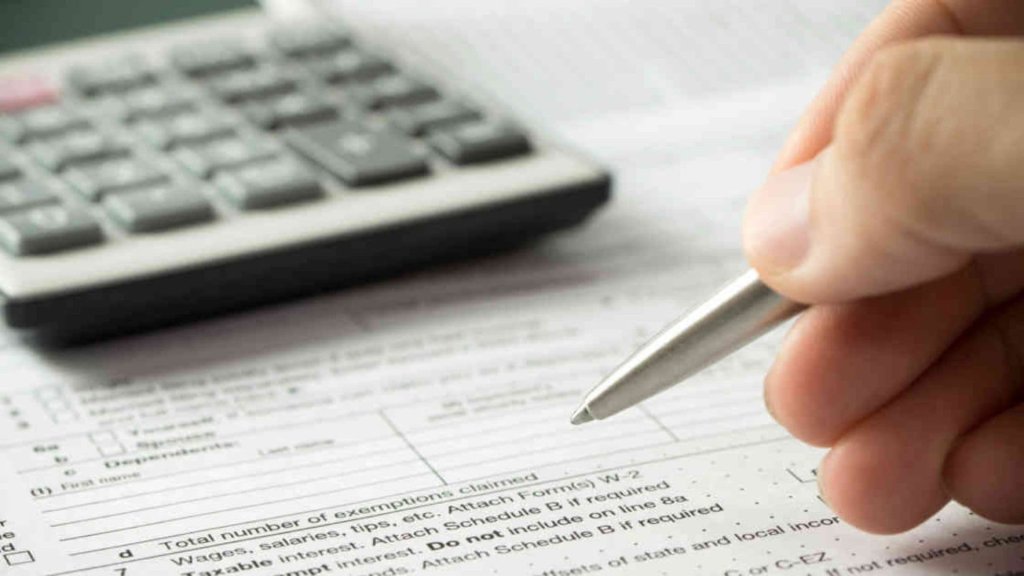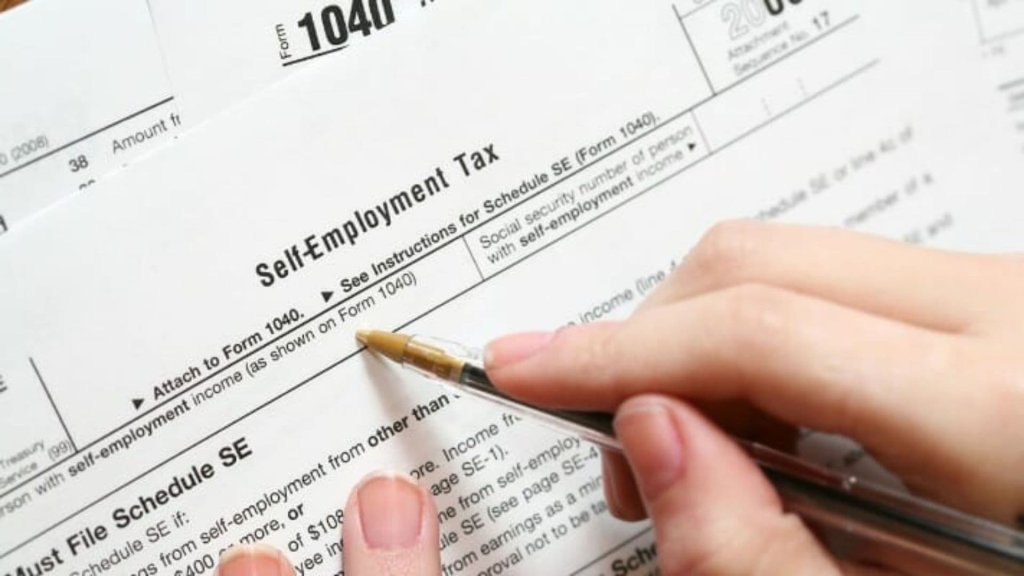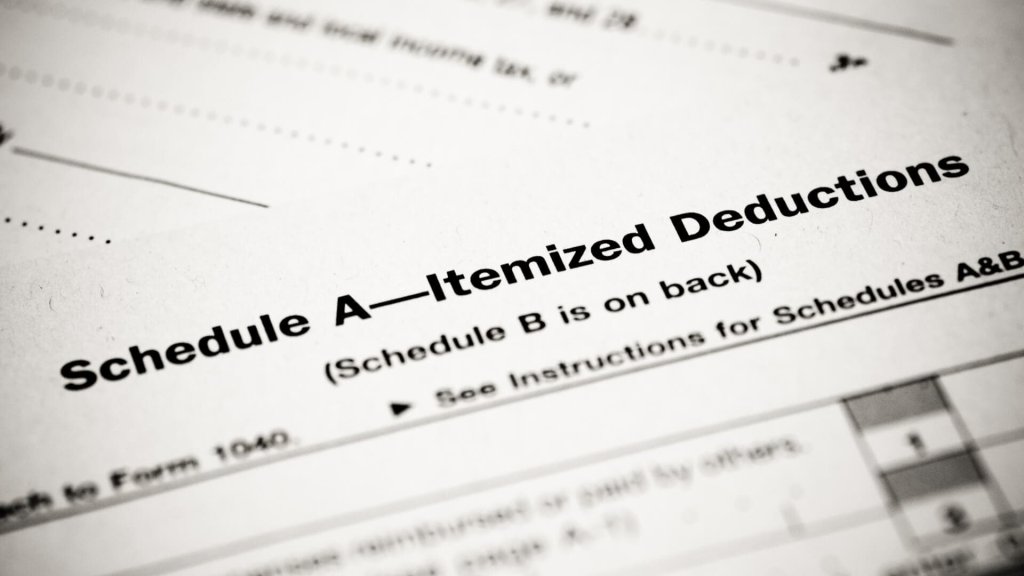
Freelancers are self-employed individuals who earn income from a variety of sources. The work they do can range from temporary assignments to full-time, long-term contract jobs. They may also be a diversified worker, earning income from a combination of freelance work and other business ventures, or a sole proprietor (the most common form of independent small business).
Freelance workers must file taxes each year, just like traditional employees. However, their taxes aren’t withheld from their paychecks, so they must pay estimated tax payments each quarter throughout the year. These payments help offset the tax burden they will face when filing their annual return.
These payments are based on the amount of money freelancers expect to make during the year. They are due by the 15th day of the third month following the end of the tax year. This allows the IRS plenty of time to process the returns and issue any refunds that may be due.

Freelancer Tax Obligations
While the freelance lifestyle can be rewarding, there are many responsibilities that come with it. One of the most important is tax preparation. Those who fail to prepare accurate taxes can be hit with penalties and may even lose valuable deductions. That’s why it’s important for freelancers to keep good records and follow the IRS guidelines.
Freelancers must pay both income taxes and self-employment taxes. However, since they don’t have an employer to withhold these from their paychecks, the IRS recommends that freelancers make quarterly estimated tax payments throughout the year. These payments will help offset the tax burden due when they file their return at the end of the year.
In addition to paying estimated taxes, freelancers must also keep track of their business expenses and other related items. A great way to do this is by opening a separate bank account for business-related expenses. This will help freelancers separate their personal and business expenses, making it easier to keep track of them.
Another way to reduce the tax burden is by taking advantage of available tax breaks. This can include contributions to a retirement account, health savings account, and home office deductions. Finally, it’s important for freelancers to file their taxes on time. Those who do not will be subject to interest and late fees and could face penalties from the IRS. By following the tips in this article, freelancers can avoid these pitfalls and ensure they pay the correct taxes.
As a freelancer, taking advantage of all the available tax deductions is important. These can include things such as office supplies, equipment, and travel expenses. In addition, it is important to keep accurate records of all the income you receive from clients so that you can accurately report it on your taxes. Careful record-keeping and working with a trusted tax professional can help you avoid paying more in taxes than you are required to.

Tax Tips for Freelancers
Freelance work offers many benefits, including the ability to set your own schedule and hand-pick your clients. However, it also comes with a new set of responsibilities. One of these is paying taxes. This process can be confusing, and it’s important to understand the basics before you begin.
For example, freelancers should be aware of the difference between FICA and IRA contributions. They should also know the types of expenses they can deduct. This includes the costs of maintaining a home office, such as utilities (gas, electricity, and heating), and other business-related expenses, like computer software and classes related to their field. It’s important to keep records of all business-related expenses and submit them with your tax return.
Another mistake many freelancers make is failing to take advantage of tax deductions. This can be costly, especially if you are audited by the IRS. Careful documentation and detailed bookkeeping, such as saving original receipts and invoices, can help you qualify for deductions that reduce your taxable income.
It’s also important to deposit a portion of every check into a savings account for taxes. This will ensure that you have the money to pay your tax bill when it’s due. Generally, it’s a good idea to save between 25 and 30% of every paycheck. This will vary based on your state’s income tax rate and the amount of deductions you can claim.

Freelancer’s Tax World
Freelancing has become a popular career choice, offering individuals the opportunity to work on their own terms and pursue their passions. However, along with the freedom and flexibility come the responsibilities of managing your finances, including understanding and navigating the complexities of taxes. Freelancers have unique tax considerations that differ from traditional employees, making it crucial to have a solid understanding of the tax rules and regulations that apply to your freelance business. There are a couple of things all freelancer taxpayers should take into consideration:
Determining Your Filing Status
As a freelancer, it’s important to determine your correct filing status. The most common filing statuses for freelancers are sole proprietorship and independent contractor. Sole proprietorship means that you are operating your freelance business as an individual, while being an independent contractor means you provide services to clients without being an employee. Understanding your filing status is essential for determining how your income will be taxed and what forms you’ll need to file.
Tracking Income and Expenses
To effectively manage your taxes as a freelancer, it’s crucial to keep accurate records of your income and expenses. Start by creating a separate bank account for your business and deposit all your freelance earnings into it. This will make it easier to track your income. Additionally, maintain a detailed record of all your business expenses, such as equipment purchases, software subscriptions, and office supplies. Properly documenting your expenses will help you maximize deductions and minimize your tax liability.

Self-Employment Taxes
Freelancers are responsible for paying self-employment taxes, which include Social Security and Medicare taxes. Unlike traditional employees who have these taxes withheld from their paychecks, freelancers must calculate and pay them on their own. It’s important to be aware of the self-employment tax rates and keep aside funds throughout the year to meet these obligations when the time comes.
Quarterly Estimated Tax Payments:
Freelancers are also required to make quarterly estimated tax payments to ensure they meet their tax obligations throughout the year. Estimated tax payments are typically made using Form 1040-ES and are due four times a year. Calculating your estimated tax payments can be done using the previous year’s tax return as a starting point, or by estimating your income and expenses for the current year. It’s crucial to keep up with these payments to avoid penalties and interest charges.

Deductions
One of the advantages of being a freelancer is the ability to deduct certain business expenses, which can help reduce your taxable income. Common deductions for freelancers include home office expenses, professional development costs, health insurance premiums, and travel expenses directly related to your business. Keeping track of these expenses and understanding the eligibility criteria will allow you to maximize your deductions and potentially lower your tax liability.
Tax Forms
Understanding the tax forms and deadlines that apply to freelancers is essential to stay compliant with the tax authorities. Common tax forms for freelancers include Schedule C (Profit or Loss from Business) and Form 1099-MISC (used to report income from clients). It’s important to familiarize yourself with these forms and submit them accurately and on time. Keep track of important tax deadlines, such as the April 15th deadline for filing your annual tax return and the quarterly estimated tax payment due dates.